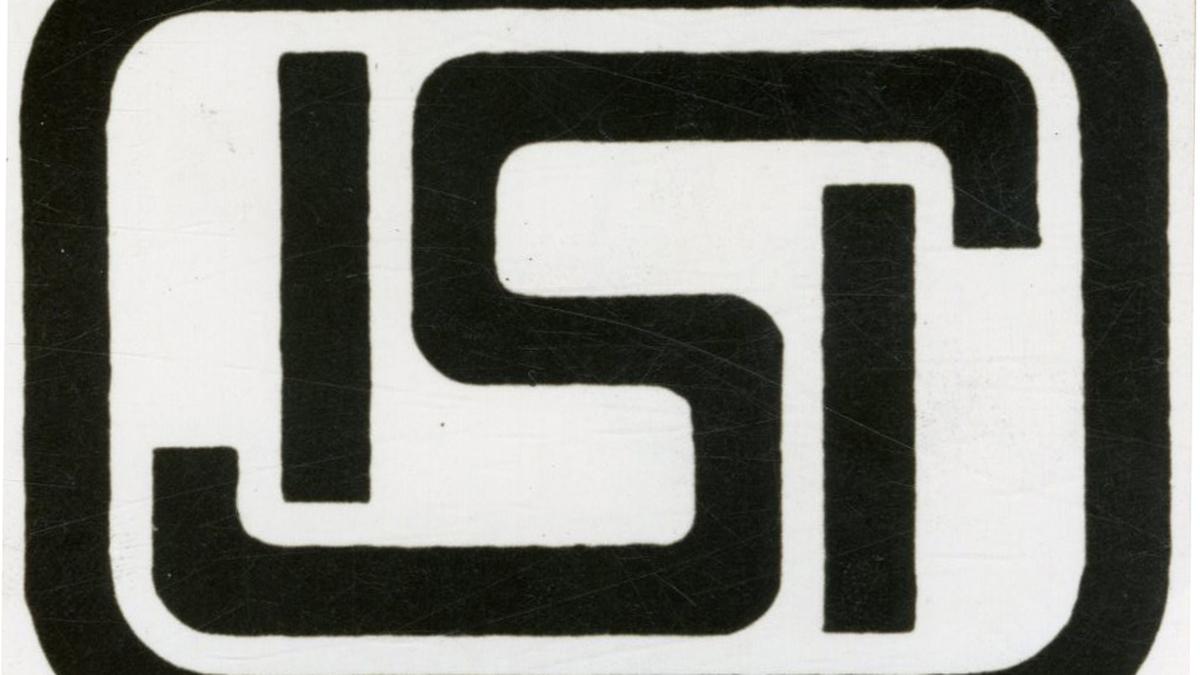
Insulated food containers yet to get mandatory ISI certification in T.N.
The Hindu
It has been nearly seven months since the Bureau of Indian Standards (BIS) mandated the use of the ISI mark on insulated food containers, thermo flasks, and bottles, but the BIS is yet to gain registration for product certification in Tamil Nadu.
It has been nearly seven months since the Bureau of Indian Standards (BIS) mandated the use of the ISI mark on insulated food containers, thermo flasks, and bottles, but the BIS is yet to gain registration for product certification in Tamil Nadu.
With manufacturers in the State refraining from obtaining licence, raising concerns over the requirements for standards, the BIS has extended the time for certification till February 2025 to clear the existing stock without the ISI mark. It is also in the process of modifying standards to address the manufacturers’ concerns.
The BIS had made compulsory the use of standards marks under IS 17569: 2021; IS 17790: 2022 and IS 17526: 2021 for domestic use since June 2024. The deadline was extended to September 2024 for small enterprises and December 2024 for micro enterprises.
However, only two manufacturers in the State have obtained the BIS certification for one of the standards. A total of 34 manufacturers have got licences across the country.
Officials of the BIS noted that the ISI mark on insulated food containers like casseroles, vacuum water bottles, and thermo flasks was made mandatory as these are commonly used products in households. The regulatory framework aimed at product quality and consumer safety as the use of substandard quality products would have a direct impact on consumers’ health.
Gowththam B.J., Joint Director, BIS, said, “We have identified about 50 manufacturers in the State who are yet to be covered under the BIS ambit. Manufacturers have raised concerns about testing requirements and specifications of insulated containers to store hot or cold food or water.”
Manufacturers pointed out that the BIS specified that containers must maintain specific temperatures from one to 24 hours depending on the size. For instance, the standard specified containers must retain heat of 40 degree Celsius for 24 hours.













